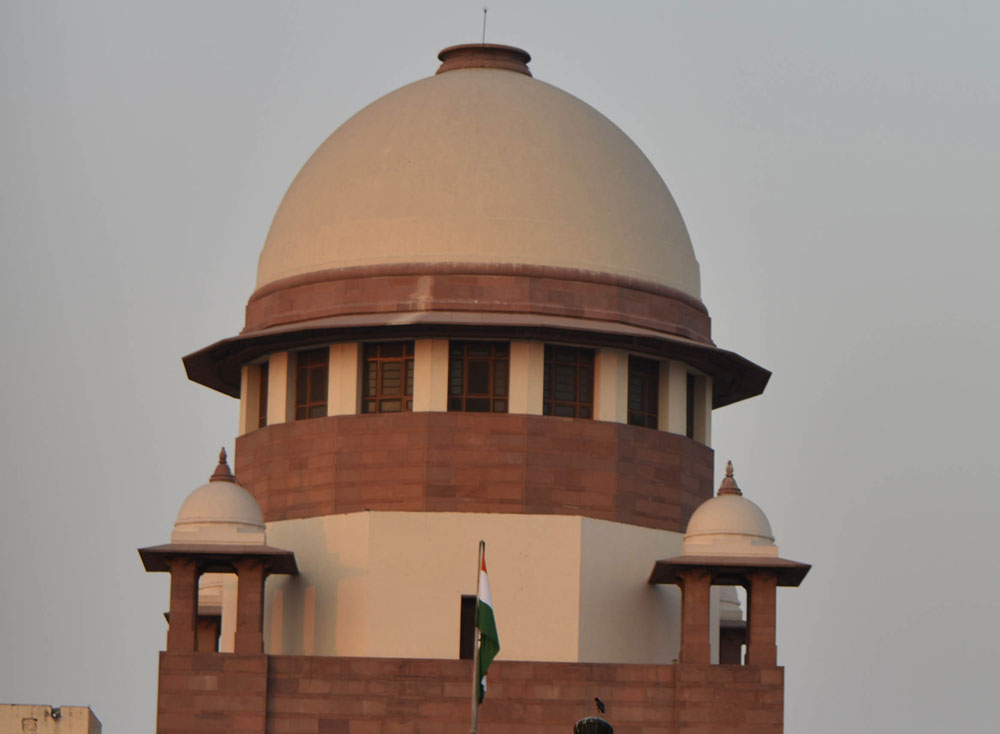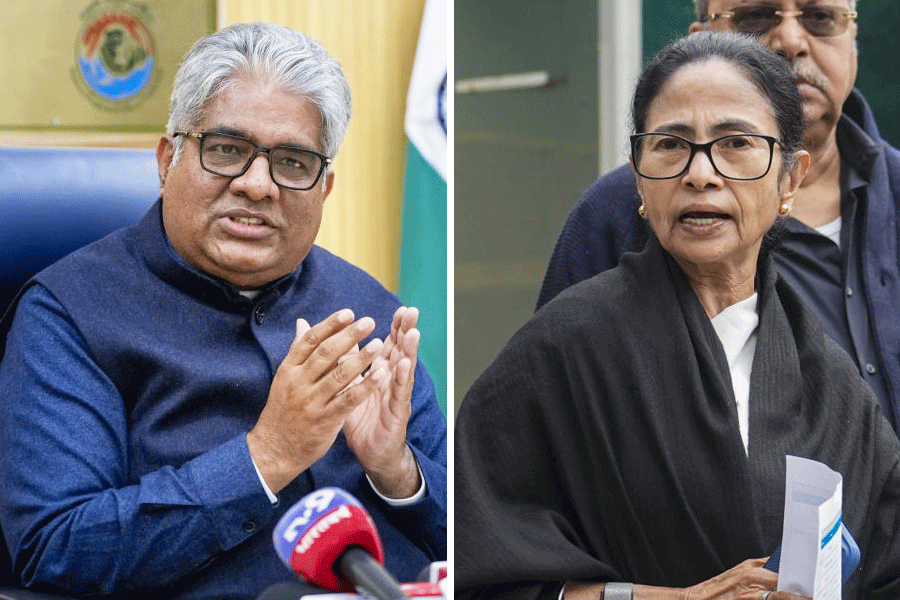The Supreme Court on Tuesday ordered three directors of realty major Amrapali Group of Companies to “remain in the custody of the police” till they hand over documents and account books the bench has sought in a case of alleged fraud on 46,000 homebuyers.
Police took Anil Kumar Sharma, Shiv Priya and Ajay Kumar into custody following the order from the bench of Justices Arun Misra and U.U. Lalit.
The three have to remain in custody till they hand over all the required documents to two court-appointed “forensic auditors”.
“All the documents to be handed over to forensic auditors by the police. In case the aforesaid persons fail to hand over the documents as ordered, they shall remain in the custody of the police till such time the documents are handed over. Let the police take them from the court along with them to their respective offices and residences and other places where documents may be found,” the bench said.
It asked Delhi and Uttar Pradesh police to take necessary action while fixing October 24 for the next hearing.
The group and its 46 companies are accused of not handing over to the homebuyers their promised flats from 2008 onwards and also diverting Rs 2,740 crore, including advances from the investors for the project spread across Delhi and Noida, Uttar Pradesh.
Some of the buyers had moved the court last year. When the matter came up last month, the bench asked the National Buildings Construction Corporation to complete the unfinished construction while giving the public sector company the authority to auction all the properties of the Amrapali group to recover the money.
It asked the Amrapali group to hand over the documents to the forensic auditors, Pawan Kr. Aggarwal and Ravi Bhatia.
On Tuesday the auditors told the bench that despite the court’s order, company officials had merely handed over “skeletal documents” of two of the 46 companies.
The bench was furious. “We are constrained to observe that it is not only deliberate non-compliance with the order but effort is being made to fritter away the documents in utter violation of the order passed by this court,” the bench said.
“No justification could be pointed out by the learned counsel appearing on behalf of the Amrapali Group of Companies for not complying with the orders passed by this court.”
The bench directed the police to also start contempt proceedings against some other directors of the group — Subhash Chandra Kumar, Amresh Kumar, Sunil Kumar, Sudhir Kumar Chaudhary and Vinay Vishal — and three former directors, Rakesh Mahajan, Iftikhar Ahmed and Pallavi Mishra.
Justice Misra, who dictated the order, said “none of the statutory auditors and directors shall leave the country” and asked the directors to surrender their passports to the station house officer of Tilak Marg police station, New Delhi.
“In the circumstances… we find that there is no other way except to direct the police to seize all the documents and to hand over the documents to the forensic auditors after seizing them from the possession of 46 companies and their directors…,” the bench said.
“We, therefore, direct Delhi police as well as Noida and Greater Noida police to seize all the relevant documents as ordered by this court and hand them over to the forensic auditors….”
The court said if the documents “are found to be bulky, they shall be kept in a room and the key shall be handed over to the forensic auditors”.
“We also direct the police and the aforesaid three directors to visit the statutory auditors of the company and hand over all the documents in their possession to the forensic auditors. We make it clear that not even one single paper will remain with the auditors and directors of the Amrapali Group of Companies for the aforesaid period.”










